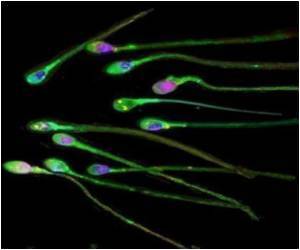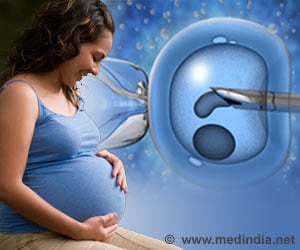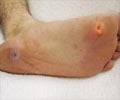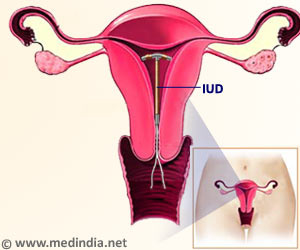There is no long-term risk of breast cancer from IVF, which requires women to undergo the same hormone treatment as egg donors.
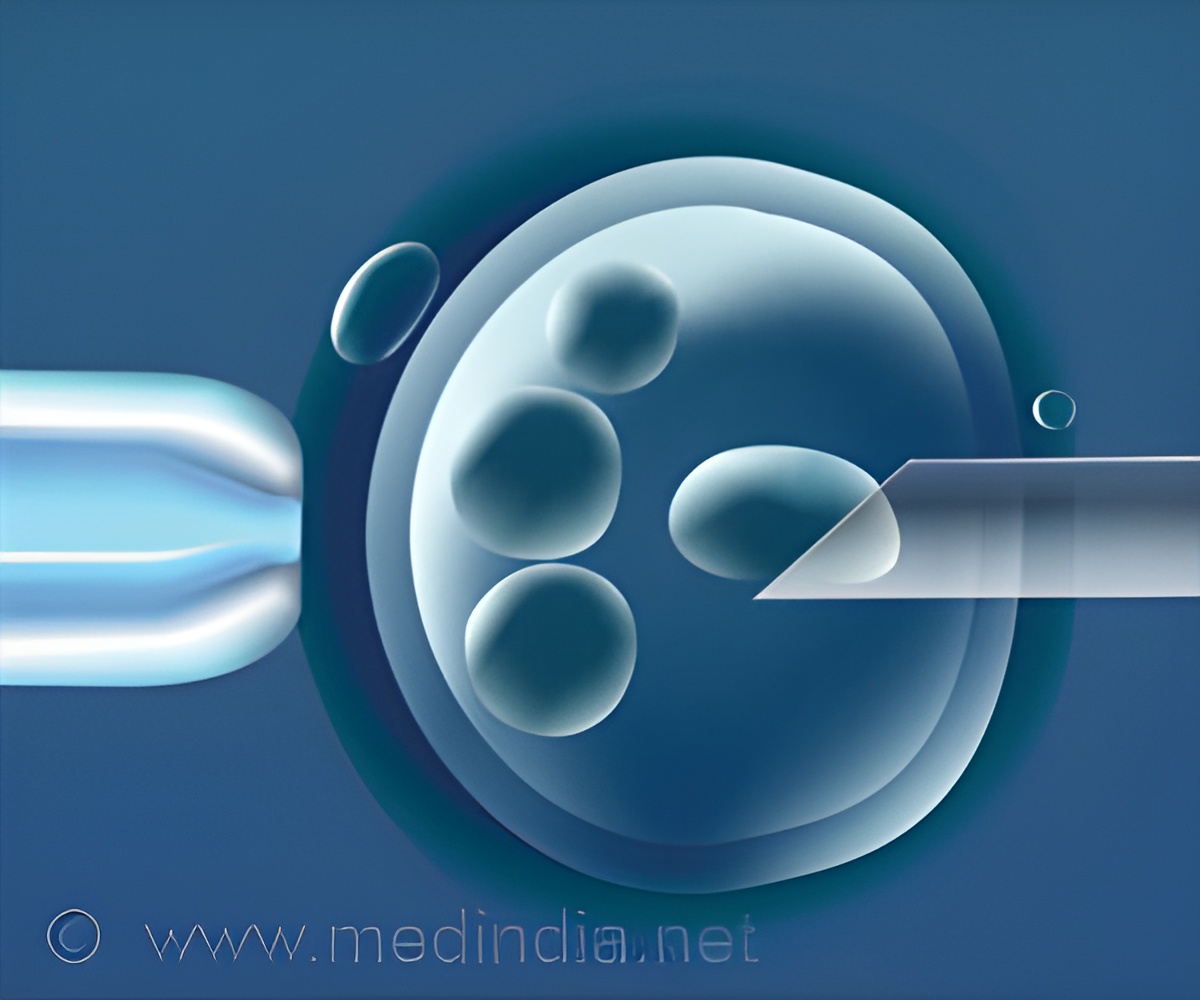
‘There is no long-term risk of breast cancer from IVF, which requires women to undergo the same hormone treatment as egg donors.’





"We don't know, of course, whether there is a likely connection between their egg donation and breast cancer," said Dr. Schneider. "The only way to have a real answer is to begin keeping track of egg donors and to gather information on the long-term health risks of egg donation. Until then, potential egg donors need more realistic and clear explanations about the lack of knowledge about such risks." Recent studies have shown that there is no long-term risk of breast cancer from IVF, which requires women to undergo the same hormone treatment as egg donors. However, lack of data specific to egg donors has hampered proper assessment of potential risks in this population. The establishment of national egg donor registries that allow long-term follow up studies would effectively address this problem and shed light on the effects, if any, of repeated hormone treatments on younger egg donors.
Although this anecdotal report of five women developing breast cancer after hormone treatment might appear concerning, the editors highlight in their accompanying editorial that it is well below the estimated number of women in the population who would be statistically likely to develop breast cancer. However, the ovarian stimulation cycles that these women experienced were atypical in that they involved more aggressive regimes than commonly used. Very large numbers of eggs (28-33) were retrieved and they underwent many more rounds of treatment (up to 10) with fertility drugs than is common practice.
"We decided to publish this controversial report to highlight that the safety of any medical intervention should always be a major concern," said Professor Bart Fauser, Chief Editor of Reproductive BioMedicine Online, "especially in cases where women undergo drug treatment for the sole reason of helping others."
Source-Eurekalert

